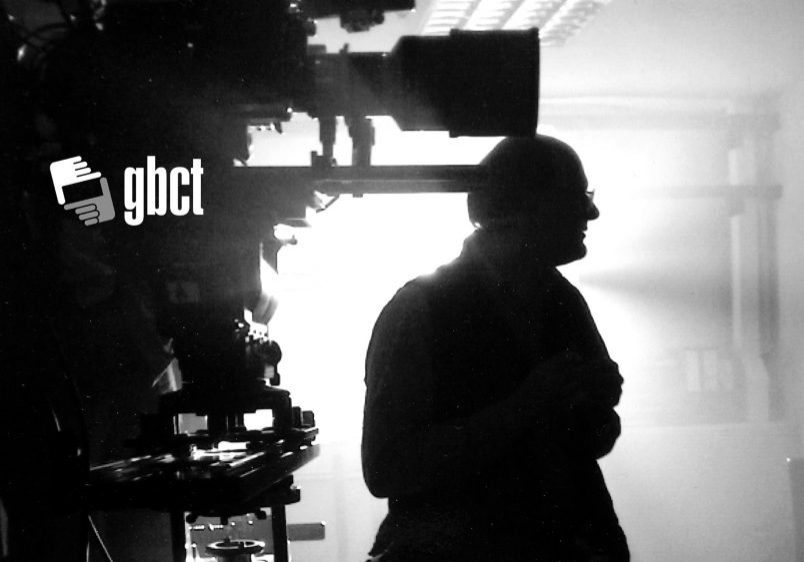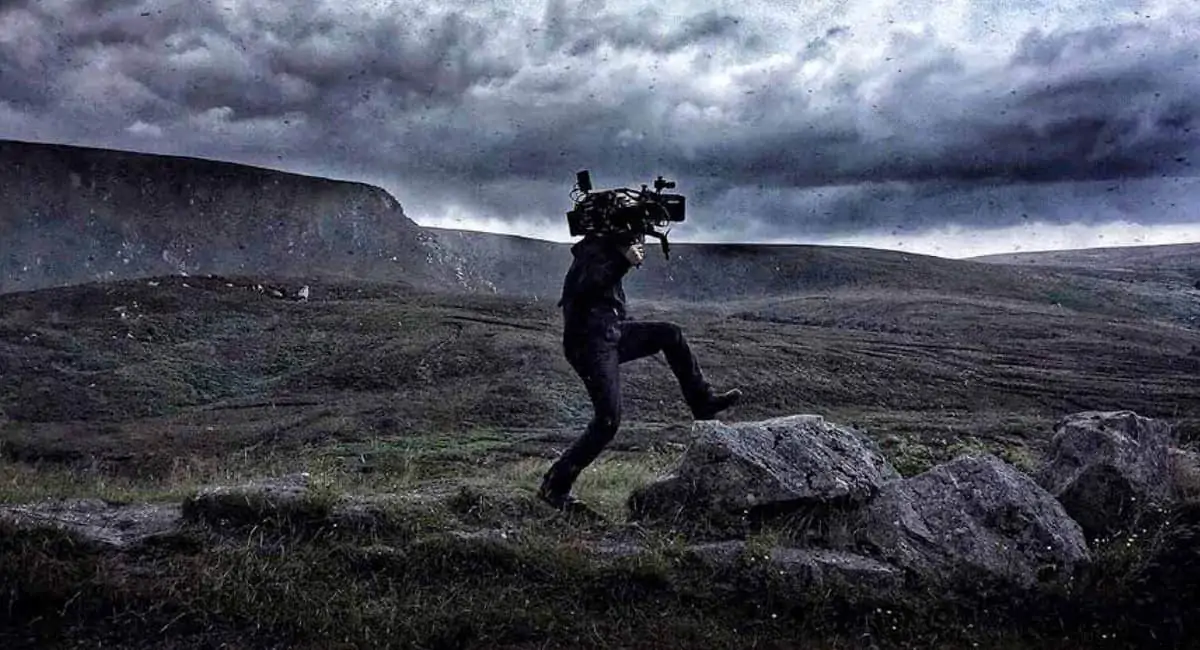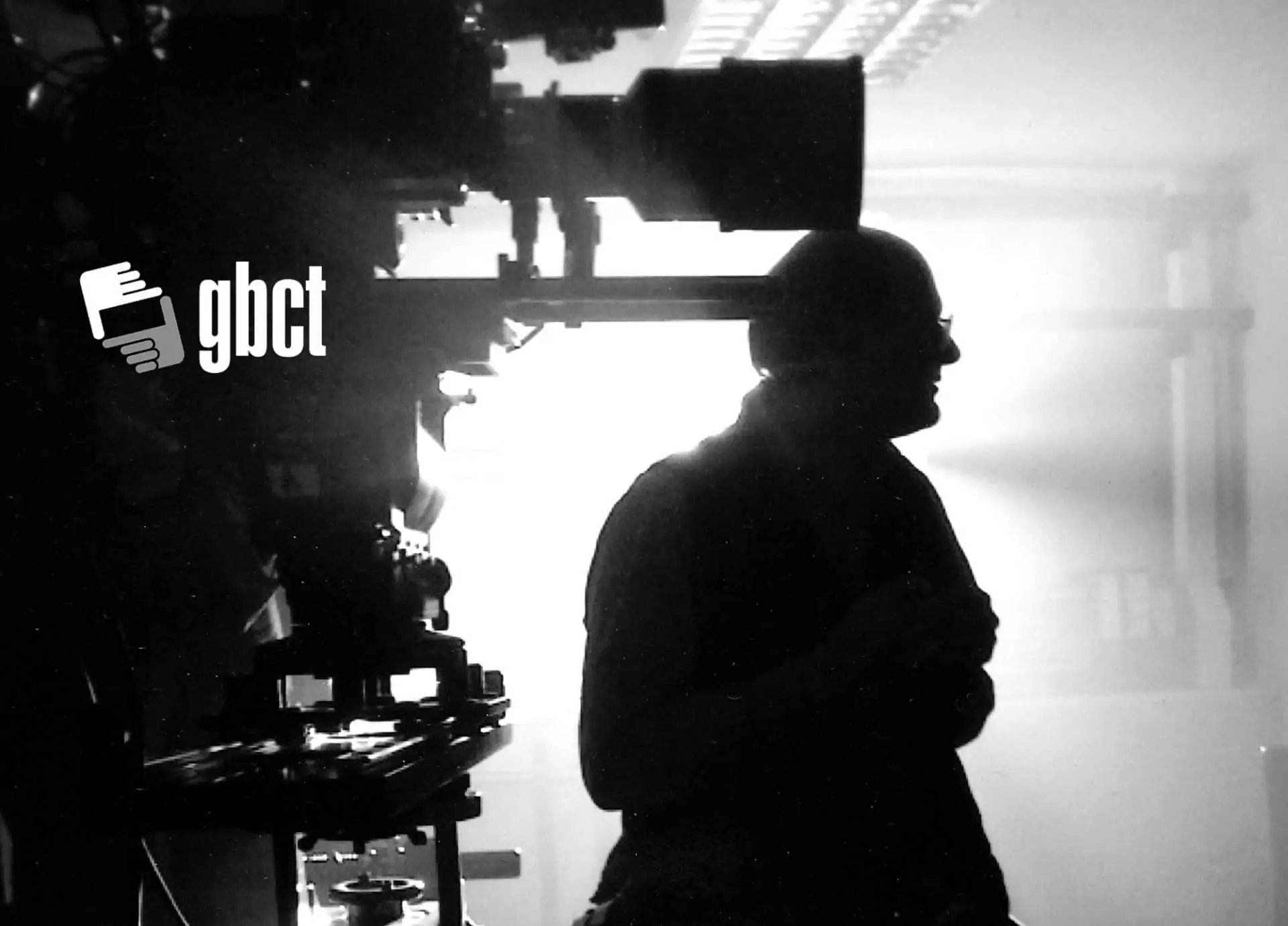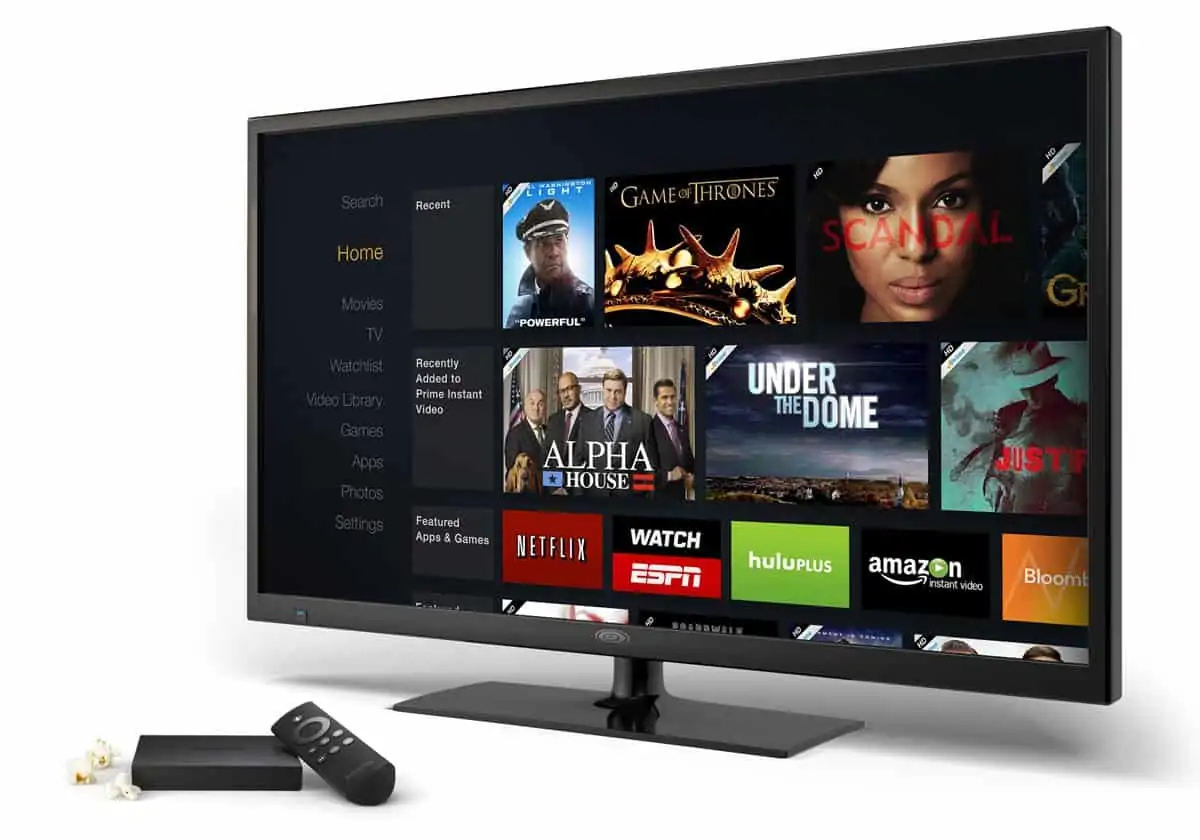The Plot Thickens
GBCT News / Tim Potter

The Plot Thickens
GBCT News / Tim Potter
The rise and rise of streaming and downloading are leading a seismic shift in the demographics of distribution. Their revenue passed those of hard copy media (DVDs and Blu-rays) for the first time last year.
The studios are bemoaning their fate. A new model for the exploitation of our viewing habits is needed. Amongst the upheaval of these changes, Sony have had to write down their film division by $1bn.
On the face of it this might all seem worrying, so why do I not believe it? Recently it was reported that a major Chinese player bought into a Hollywood major for $3.5bn, but for me the kicker was finding out that the manufacture of domestic DVD recorders ceased over two years ago. Long before the economic need. I suspect that we are being steered into the new model of distribution rather than the big boys trying to play catch-up.
This could be said to be a fear of piracy. The illegal copying of films has long been the bugbear of those who sell the products that we make. There is always the possibility that it could have effects that would reduce the industry’s ability to pay its talent. The various campaigns to prevent this have had their effect. The exploit of wholesale duplicating was cumbersome in the days of VHS but became easier in the days of DVD. As soon as a film hit the screens, it hit the car boot sales and the white-van-man-in-the-pub. I have no problem fighting the good fight against this form of crime; it eats away at my industry.
Where I do have a problem is that, what appears to be a collusion between the big forces of the production sector and the domestic equipment manufacturers, has now made it close to impossible for anyone to make a home hard-copy for their own usage. When the 28-day rule for keeping off-air recordings was relaxed, it became legally possible to amass a collection of both the new (to air) and the old classics, as long as they were just for your own home use. This was highly useful to those of us who love going back over the great highlights of our art and craft, but could never afford a significant collection of retail-bought products. We are few and not a burden on our industry.
"My conspiracy nut-job brain starts to think that there is some plan behind what is happening... we are being gradually manoeuvred into buying from proprietary or on-line sources."
- Tim Potter
I hear all of you modern techies clamouring ‘have you not got a TiVo/Youview/Sky etc. box to record what you want to see later?’ To you all I say, yes, but how long will the hard drive last before your recordings are inaccessible. If your box is tied to an account at your current home it may not be transferable to a new address and you will lose all your existing recordings. I now hear you screaming ‘well, make yourself copies that will last’. Aagh, there’s the rub. Did you not notice that no domestic device that can record off-air and burn a DVD has been manufactured in the last two years? Computers can still be bought with optical disc recorders, so this lack of domestic machines cannot be because there is a fear that they are being used to make wholesale illegal copies.
Although it is still possible to find both remaining stock and second hand machines if you look hard, the poor quality of their optical drives mean that the machines will eventually be grossly outlived by their product discs.
This is where my conspiracy nut-job brain starts to think that there is some plan behind what is happening. We are being gradually manoeuvred into buying from proprietary or on-line sources. While shop-bought DVDs will last until long after they stop making players for them, any on-line purchases will only last as long as the drives they are stored on (on or off-line). This can only benefit the purveyors of downloads who know that we will eventually have to buy the same film again if our copy becomes inaccessible. To do this manoeuvring they have to have influenced the domestic machine manufacturers to cease putting optical drives in their devices. This influence came about gradually as can be seen from the last few models of DVD recorders that were made to no longer have the line inputs that allowed them to be linked to other storage devices. To me this shows a plan to gradually lock us out of a method of making long lasting copies under the guise of excuses like ‘the market has gone for such machines’ or ‘the market has moved on to downloads’. Can they believe we are that short sighted?
While I will be able to continue in my ways for some time with combinations of computers, second hand machines and converter boxes, I don’t like being manipulated into the hands of a monopoly like the ones that tie a brand of e-reader to one e-book supplier. Up-to-date users of media devices may like what they are getting, but are they truly getting what they like? In no way do I condone the pirates, but I do say leave room for us lone buccaneers.
Tim Potter,
Chair
GBCT



